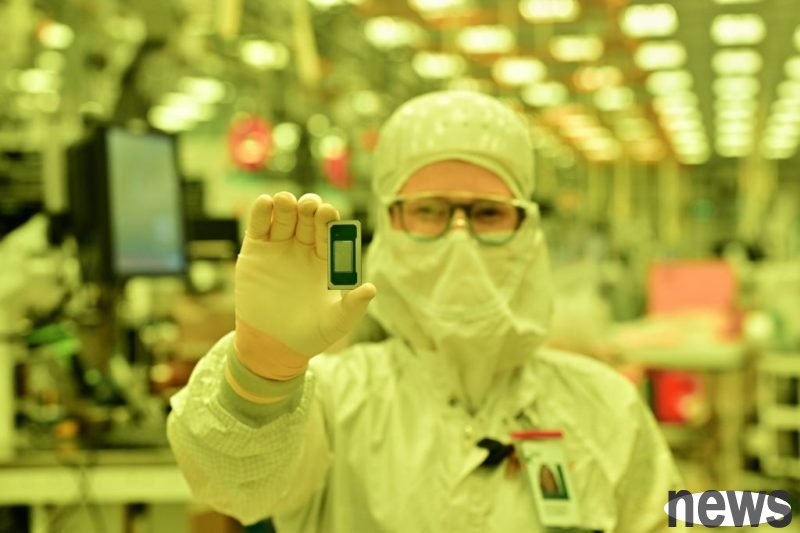
OpenAI clearly announced that it will not consider purchasing Intel chips in the future. This decision has attracted great attention in the industry, because Intel was once the leader in PC processors in Silicon Valley and the world. Its market value peaked at about US$150 billion and its market share was as high as 70%, but it has gradually been marginalized in the artificial intelligence competition.
In recent years, OpenAI has signed multi-billion-dollar cooperation contracts with Amazon Cloud (AWS), Microsoft, Oracle, AMD, etc. to expand infrastructure, but Intel is not on the purchase list. In 2017, Intel refused to invest in OpenAI, missing the opportunity to become an important chip supplier in the AI field. Intel's current market value is about US$45 billion, far lower than Nvidia, which has a market value of more than US$4 trillion. The latter's cooperation with OpenAI and high investments have strengthened its market dominance.
OpenAI is working with Broadcom to invest approximately US$10 billion to develop exclusive AI chips to reduce reliance on Nvidia GPUs and seek breakthroughs in performance and cost. Intel's CTO and AI leaders recently switched jobs to OpenAI, and Intel CEO Chen Liwu took over the AI business, reflecting the challenges faced by the company's integration and adjustment.
Intel’s current disadvantage is not only hardware performance, but also software ecosystem that cannot catch up with Nvidia CUDA. OpenAI’s shift to a multi-vendor strategy is even more obvious. OpenAI plans to build 30 gigawatts of computing resources. If Intel cannot quickly improve its competitiveness, it will face more intense challenges.
OpenAI won’t buy Intel’s AI chips — even after Trump took a stake No Sale: Intel Stock (NASDAQ:INTC) Slips as OpenAI Won’t Buy Intel Chips OpenAI, Broadcom Pact Marks Europe’s Strategic Chip Moment Nvidia Intel OpenAI Investment: $5B + $100B AI Power Move Intel CTO and AI Chief Departments for OpenAI; CEO Lip-Bu Tan Steps In to Lead AI Push Further reading: Intel's wafer foundry revenue in 2025 will be approximately US$120 million, only one thousandth that of TSMC The chief technology officer switched to OpenAI, and Intel CEO Chen Liwu took charge of the AI business. Trump says he gained $40 billion from investing in Intel, but Intel's plight remains unimproved Ultraman insists on using TSMC to produce chips and will not consider Intel for the time being.